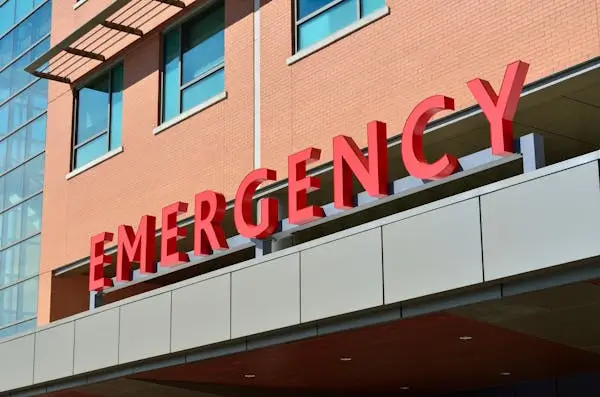Dental emergencies can be stressful and overwhelming, but knowing when to seek professional care can make all the difference in protecting your oral health and preventing further complications. Certain dental issues demand immediate attention from an emergency dentist to avoid worsening the situation.
1. Persistent Toothache
A toothache that does not improve with over-the-counter pain relievers may require emergency care. While minor toothaches are sometimes manageable at home, persistent or severe pain could indicate underlying issues such as cavities, pulp infections, or abscesses. Left untreated, these conditions can worsen. An emergency dentist can diagnose the cause of the pain and provide the appropriate treatment.
2. Swelling of the Face or Gums
Facial or gum swelling is often a warning sign of a possible infection. Dental infections can spread quickly if not treated, potentially causing more widespread health concerns. Keep an eye out for other accompanying symptoms like fever, a bad taste in the mouth, or difficulty swallowing. Prompt care from an emergency dentist can help address the infection and prevent further complications.
3. Injuries to the Mouth
If you have experienced trauma to your mouth, such as a broken, chipped, or knocked-out tooth, seeking immediate attention can be helpful. For a knocked-out tooth, time is especially critical. Proper handling and quick action can increase the chances of the dentist successfully reinserting the tooth into the socket. Keeping the tooth moist while visiting the dentist can make a significant difference. Chipped or broken teeth may expose sensitive inner layers, so they should be repaired immediately to avoid further damage or discomfort.
4. Bleeding That Is Difficult to Stop
If you notice bleeding in your mouth that doesn’t stop after applying pressure for 15 minutes, it’s time to seek emergency dental care. This kind of bleeding could result from gum injuries, trauma, or other conditions requiring professional evaluation. Your dentist can help determine the source of the bleeding and administer proper care to stop it.
5. Severe Sensitivity to Hot or Cold
While mild sensitivity to temperature changes is common, sudden and intense sensitivity may signal a more serious dental issue, such as enamel damage or an exposed root. Depending on the cause, this problem can affect more than just your comfort. An emergency dentist can evaluate the sensitivity and recommend treatment to restore oral health.
6. Loose or Dislodged Teeth
If you notice a tooth that feels loose or partially dislodged, even without pain, it’s a sign of potential damage to the surrounding bone or gums. Quick action is key to saving the tooth and preventing further complications. An emergency dentist can stabilize the tooth and address any underlying issues.
When to Seek Emergency Dentistry
Recognizing the signs of a dental emergency is key to maintaining oral health. Ignoring symptoms like persistent tooth pain, facial swelling, or a knocked-out tooth can lead to more complex issues later. Acting quickly can address immediate discomfort and help prevent further damage to your teeth and gums. If you are experiencing any of these signs, visiting an emergency dentist is the next best step.
